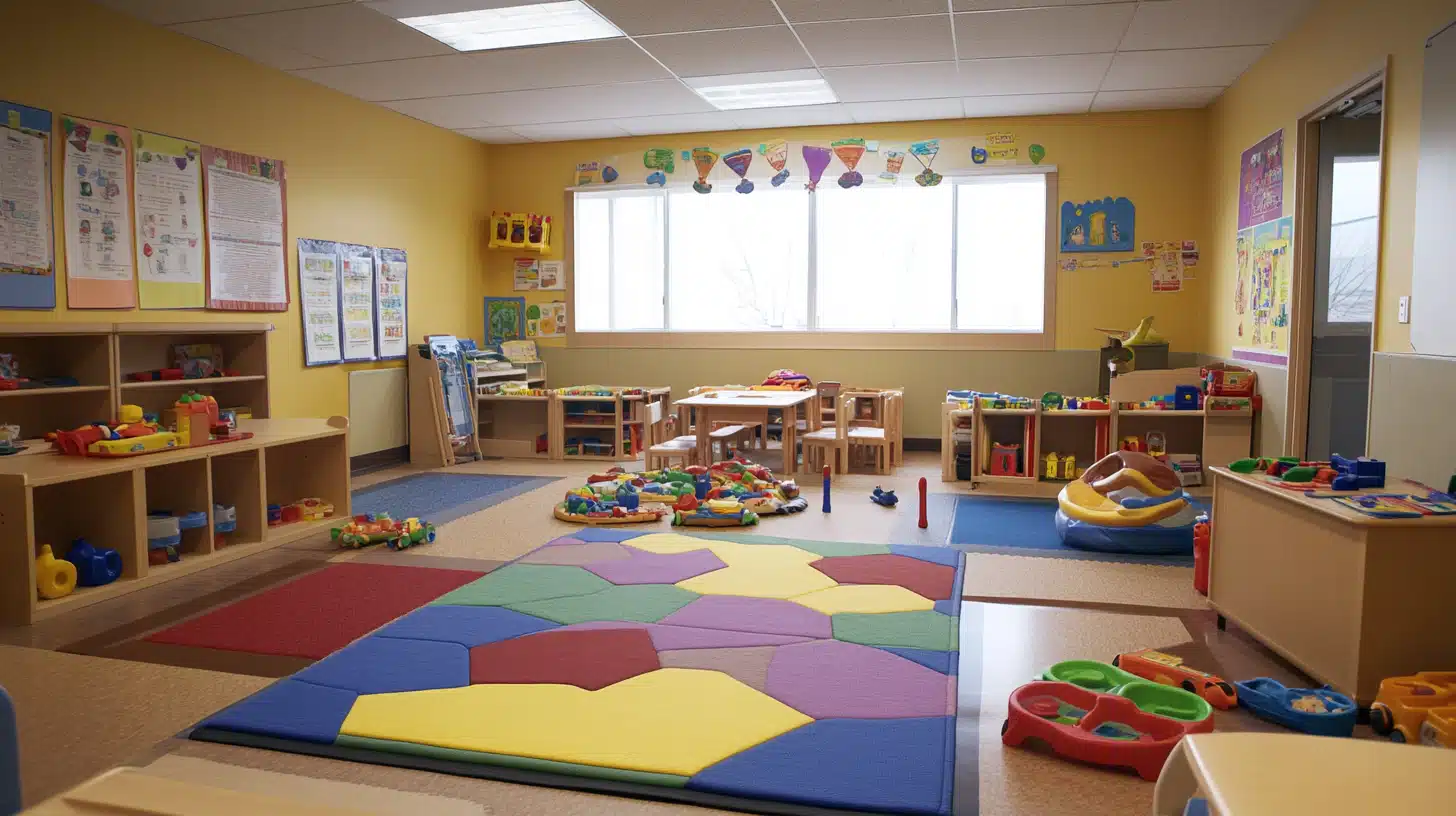
Starting a daycare business can be an incredibly rewarding venture, especially for parents looking for a flexible way to balance their family life and financial independence. Whether you’re passionate about working with children or simply want to create a service that helps other parents, opening a daycare offers the opportunity to make a positive impact on your community while also building a successful business.
If you’re a new parent thinking about starting a daycare business, this complete guide will walk you through the essential steps, considerations, and tips for creating a business that is both effective and sustainable.
Step 1: Research and Understand the Market
Before jumping into any business, it’s important to understand the market and the needs of your target audience. In the case of a daycare business, research the demand for child care services in your area. Are there enough working parents in your community who need reliable daycare? What are the age groups you want to serve (infants, toddlers, preschoolers)? Are there any gaps in services that you can address?
Look at the competition: What do other daycare businesses offer? How do they charge, and what are their operating hours? Understanding the local market will help you create a daycare business that meets the needs of parents in your area and can set you apart from competitors.
Step 2: Choose the Right Type of Daycare Business

There are several types of daycare businesses you can choose from, and each has its own set of requirements. Here are a few options:
- Home-Based Daycare: If you have space in your home and the necessary qualifications, running a daycare from your home can be a low-cost option. This model is ideal for parents looking for flexibility and for those who want to work from home while taking care of their children.
- Commercial Daycare: If you want to open a daycare in a commercial space, you will need a larger facility. This is suitable for parents looking to serve a larger number of children and perhaps offer a more structured or educational environment.
- Niche Daycare Services: You might choose to open a daycare that caters to specific needs, such as infant care, after-school programs, or daycare for children with special needs. Identifying a niche can help you stand out in a competitive market.
Step 3: Create a Business Plan
A well-thought-out daycare business plan is crucial for guiding your daycare’s growth and attracting potential investors or funding. Your business plan should include:
- Mission Statement: What is the purpose of your daycare? What values and principles will guide your business?
- Target Market: Who are your customers? What are the needs of parents in your community?
- Services and Pricing: Detail the services you will offer (e.g., hours of operation, special programs, meals, educational activities) and the pricing structure.
- Financial Projections: How much will it cost to start the daycare, and how much do you expect to earn? Include expenses like rent, insurance, staff salaries, supplies, and marketing.
Creating a solid business plan is an essential step to ensure that your daycare business remains organized and successful. A daycare business plan is vital to ensure you are prepared for challenges, and it will serve as your roadmap for growth and development.
Step 4: Get the Necessary Licensing and Permits
Operating a daycare business requires compliance with local, state, and federal regulations. Depending on your location, you’ll need to apply for licenses and permits that are specific to childcare services. Some of the things you may need to obtain include:
- Childcare Licensing: Check with your state’s licensing authority for daycare requirements. You may need to pass inspections, complete training, and meet certain safety and health regulations.
- Background Checks: You and your employees may need to undergo criminal background checks to ensure the safety of the children in your care.
- Insurance: You will need liability insurance to protect your business in case of accidents or injuries.
Make sure to do thorough research on the legal requirements in your area to avoid potential fines or issues down the line.
Step 5: Set Up Your Daycare Space
Creating a safe and nurturing environment for children is essential in the daycare business. Whether you are operating from your home or a commercial space, your daycare environment should be welcoming, safe, and well-equipped for children’s needs. Here are some key things to consider:
- Childproofing: Ensure that your space is free from hazards like sharp objects, choking hazards, and toxic materials.
- Play Areas: Set up dedicated spaces for both indoor and outdoor play. Children should have plenty of space to play, explore, and learn.
- Educational Resources: Provide age-appropriate educational toys, books, and activities that foster learning and development.
Your daycare should feel like a safe and stimulating environment where children can grow, learn, and thrive.
Step 6: Market Your Daycare Business

Now that your daycare is ready, it’s time to spread the word! Effective marketing will help attract clients and establish a reputation in your community. Here are some strategies for marketing your daycare business:
- Word of Mouth: Ask friends, family, and your community to refer potential customers. Parents trust recommendations from other parents.
- Create a Website: Having an online presence is crucial. Make sure your website is professional, includes essential information (services, pricing, contact details), and is optimized for search engines.
- Social Media: Social platforms like Facebook and Instagram can help you connect with parents. Share photos, testimonials, and promotions to attract new clients.
- Offer Promotions: Consider offering discounts or a referral program for new clients to encourage them to sign up for your daycare.
Step 7: Hire the Right Staff
As your daycare business grows, you will likely need to hire staff to help you care for the children. When hiring, look for individuals who are not only qualified but also passionate about working with children. Consider their experience, certifications (e.g., CPR, first aid), and personality.
Your team will play a significant role in the success of your daycare, so it’s important to hire people who align with your business values and commitment to providing excellent care.
Conclusion
Starting a daycare business is an exciting and fulfilling venture, especially for parents looking to balance their love for children with a career. By doing thorough research, creating a solid business plan, ensuring legal compliance, and marketing your services effectively, you can build a daycare business that meets the needs of families in your community.
